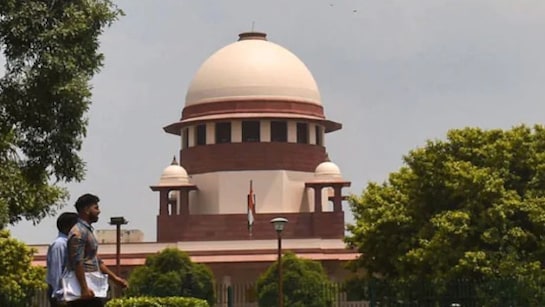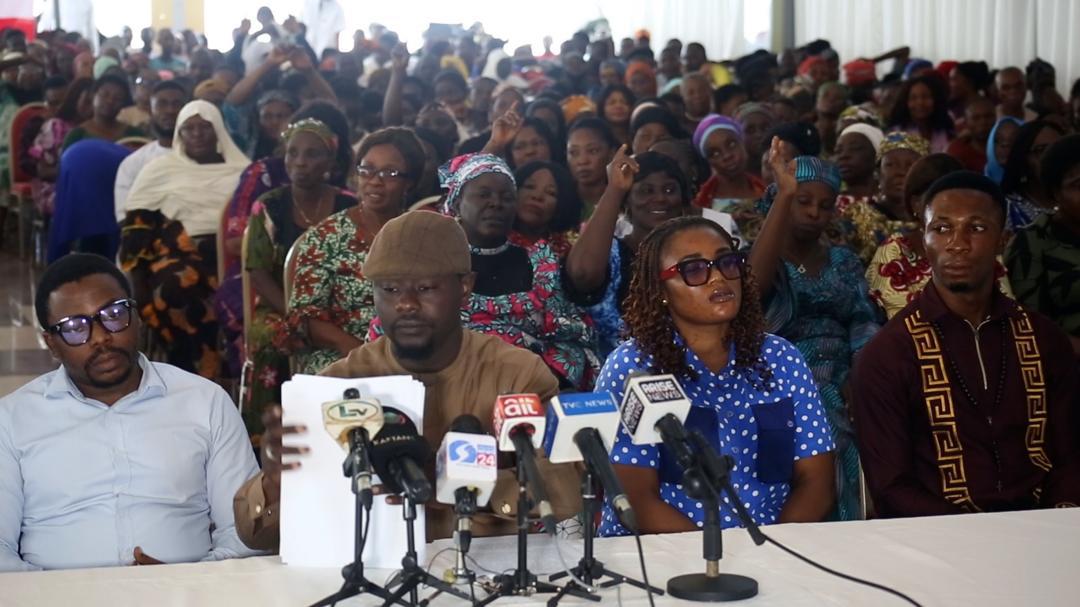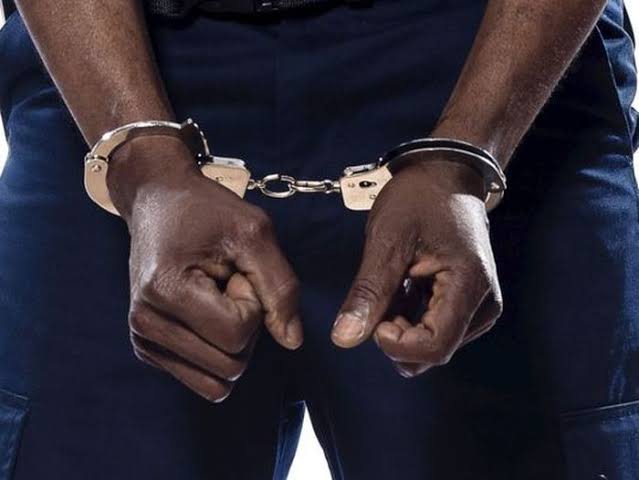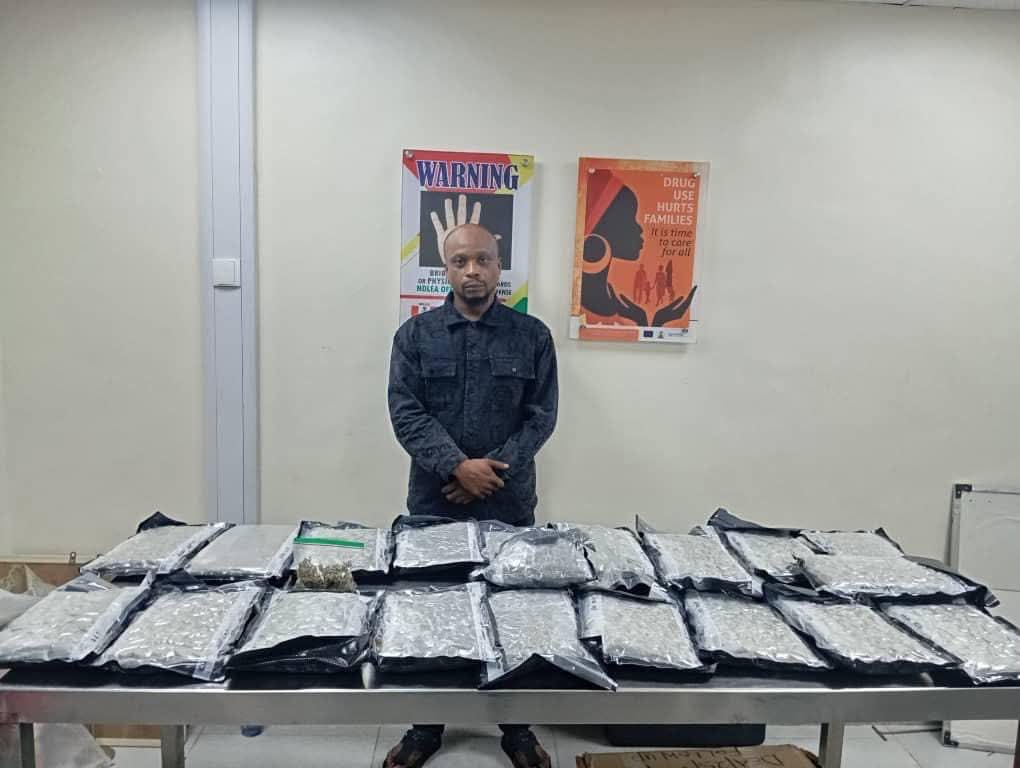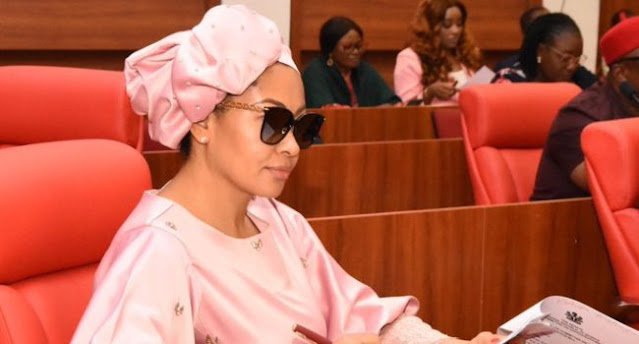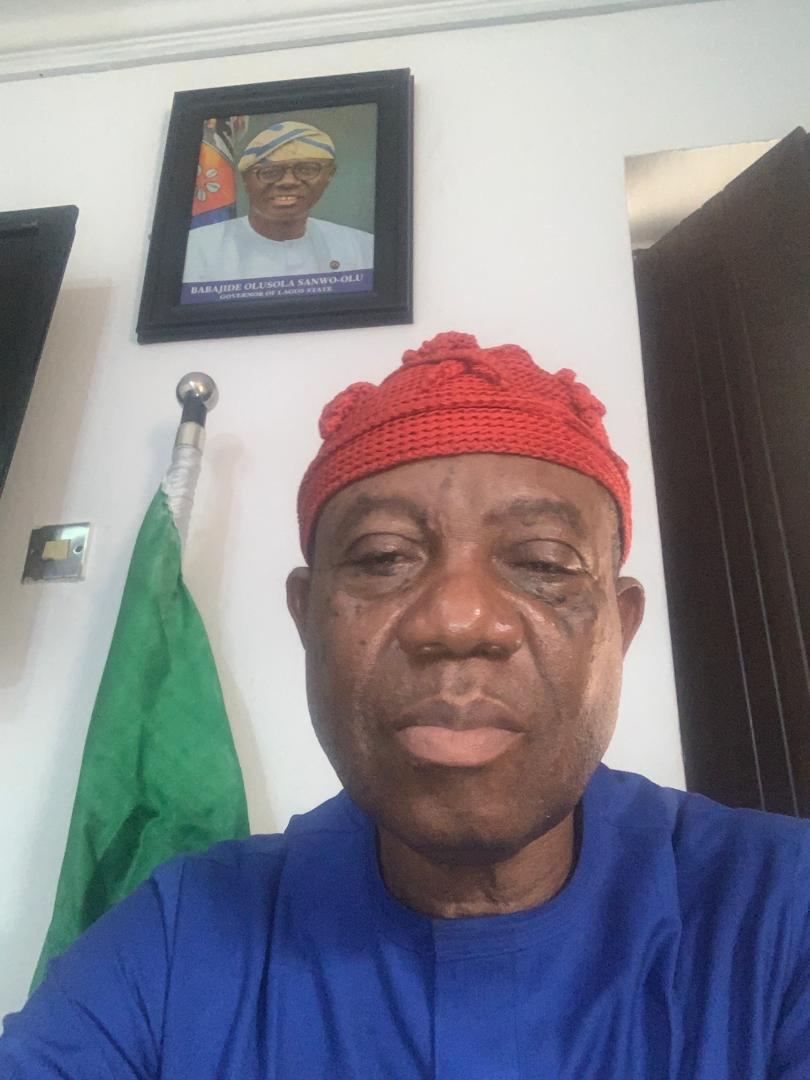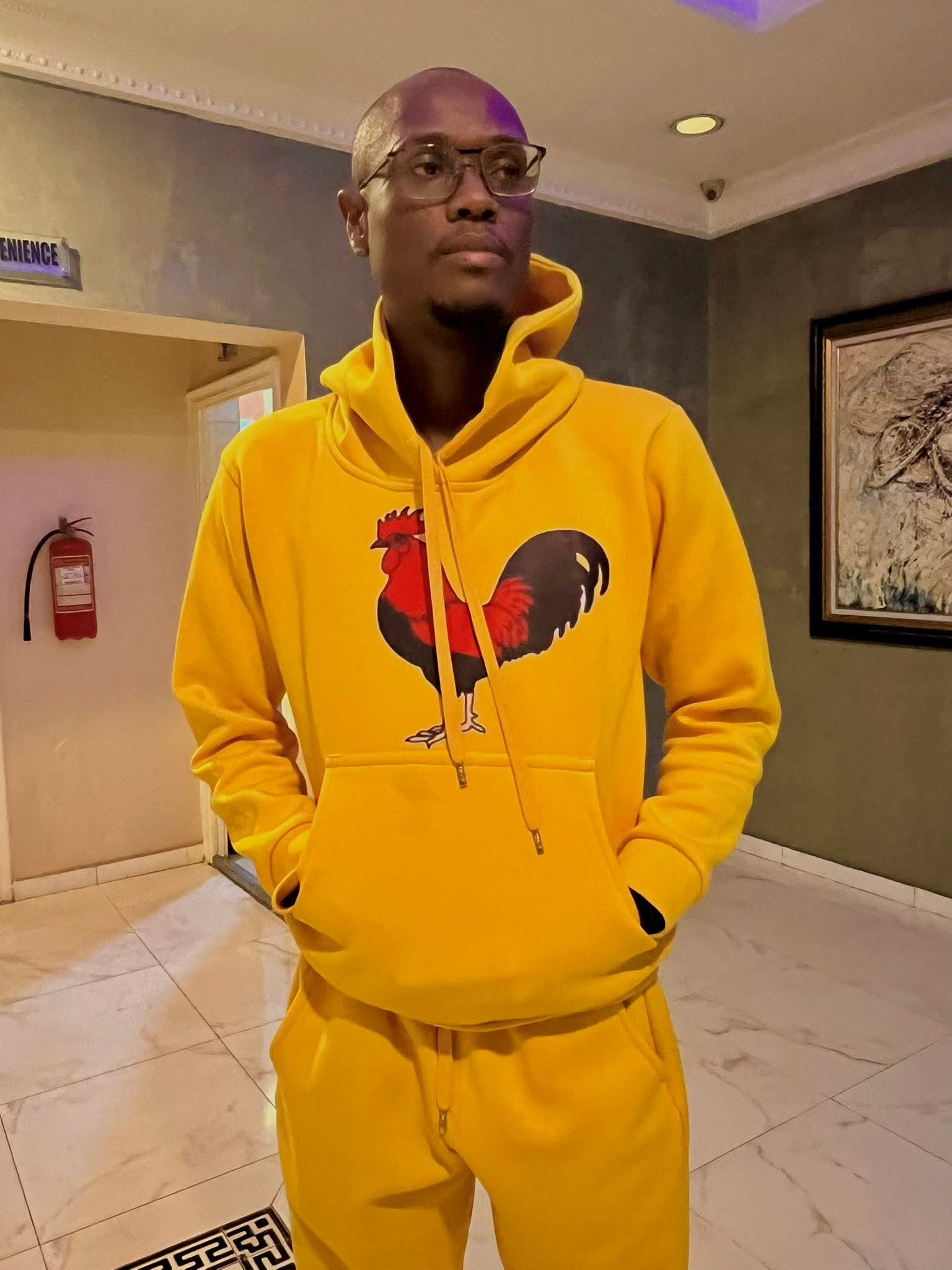A bench of Chief Justice B. R. Gavai and Justice Augustine George Masih said after the accused claimed to be a juvenile at the time of the crime, the apex court asked the district and sessions judge at Ajmer to conduct an inquiry into his claims.
The bench, upon examining the inquiry report, said the accused was aged 16 years, 2 months, and 3 days on the date of the crime, November 17, 1988.
“The appellant was therefore a juvenile on the date of commission of the crime,” the bench said.
It said authoritative judgments of the top court have categorically held that the plea of juvenility could be raised before any court and has to be recognised at any stage, even after disposal of the case.
The bench said as the accused was then a juvenile, the provisions as contained in the Juvenile Justice (Care and Protection of Children) Act, 2000 would apply.
“Consequently, the sentence as imposed by the trial court and upheld by the high court will have to be set aside, as the same cannot sustain. We order accordingly,” the bench held.
Referring the case to the Juvenile Justice Board for passing appropriate orders in light of Sections 15 and 16 of the 2000 Act, the bench directed the accused to appear before the Board on September 15.
While Section 15 of the 2000 Act deals with orders that may be passed regarding juveniles, Section 16 relates to orders that may not be passed against juveniles.
The top court’s verdict came on the accused’s appeal against a July 2024 verdict of the Rajasthan High Court.
The high court had confirmed his conviction and five-year sentence awarded by a trial court in the case.
His counsel, in the apex court, highlighted the alleged discrepancies in the prosecution’s case and said the accused was a juvenile at the time of the commission of offence.
The bench noted the survivor was firm in her cross-examination and supported by the medical evidence.
Her testimony was found “worthy of credence” requiring no corroboration that could form the sole basis for conviction.
“Prosecution’s case is not founded solely on the testimony of the victim; rather, it is amply supported by the statements of other witnesses and corroborating medical evidence, all of which collectively establish the case of the prosecution,” the top court said.
It said the findings recorded with regard to his conviction stood duly established beyond doubt.


